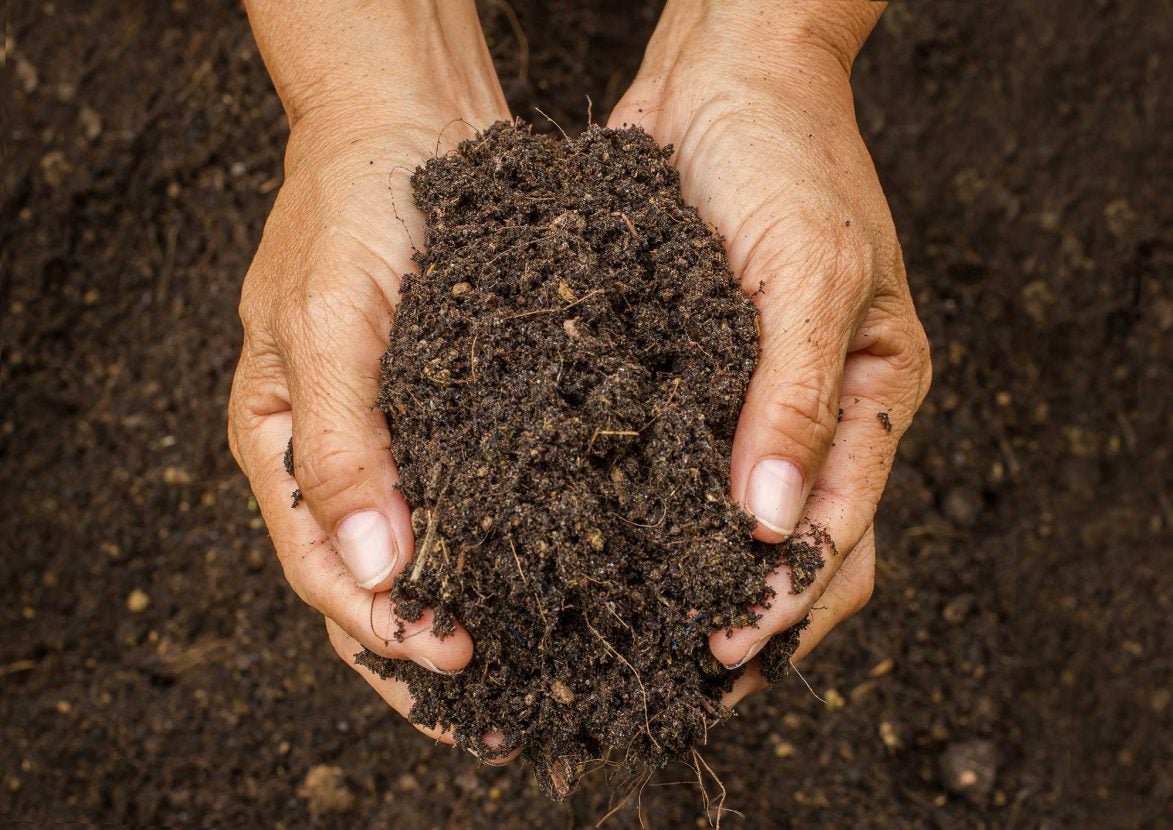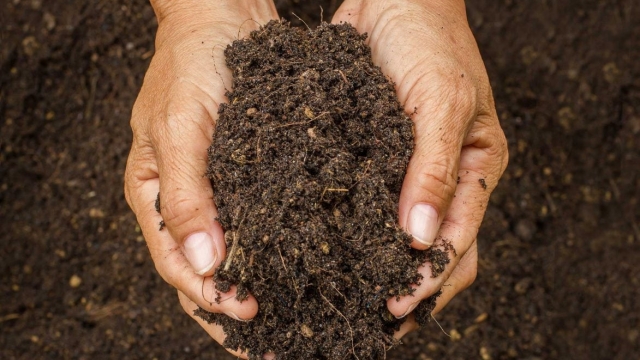In today’s world, where sustainability and environmental consciousness are becoming increasingly important, organic soils are gaining attention for their numerous benefits. Whether you are an avid gardener or simply have a few potted plants, understanding the advantages of using organic soils can significantly enhance the health and growth of your greenery. By harnessing the power of nature, these soils provide a chemical-free and nutrient-rich environment for plants to thrive. From increased fertility to improved soil structure, organic soils offer a holistic approach to gardening that not only benefits our plants but also our planet.
One of the key advantages of organic soils lies in their ability to support and nourish plant life without the use of synthetic fertilizers. Unlike conventional soils, which rely on chemical additives to provide nutrients, organic soils harness the natural decomposition process to release essential elements. Through the use of compost, manure, and other organic matter, these soils promote the growth of beneficial microorganisms that break down nutrients, making them more accessible to plants. This not only ensures a steady supply of nutrients but also improves the overall soil health, creating a thriving ecosystem beneath the surface.
Benefits of Organic Soils
Organic soils offer numerous benefits for all types of gardens. Here we explore how these natural soil solutions can enhance the health and productivity of your plants.
Nutrient-Rich Foundation: Organic soils serve as a nutrient-rich foundation for plants to thrive. Packed with essential minerals and elements, these soils provide a balanced and sustainable source of nutrients that are readily available to plants. This abundance of nutrients ensures healthy root development and overall plant growth.
Improved Soil Structure: One of the key advantages of organic soils is their ability to improve soil structure. These soils contain organic matter, such as compost and decomposed plant material, which helps create a well-drained and aerated environment. Improved soil structure allows for better root penetration, water retention, and the efficient exchange of gases, leading to healthier plants.
Long-Term Soil Health: By using organic soils, gardeners can promote long-term soil health and fertility. Unlike synthetic fertilizers, which can deplete soil nutrients over time, organic soils support the development of beneficial soil microorganisms. These microorganisms break down organic matter and release nutrients gradually, ensuring a sustainable and balanced soil ecosystem.
When to pick corn
In conclusion, incorporating organic soils in your garden can provide a range of benefits, including improved nutrient availability, enhanced soil structure, and long-term soil health. By embracing these natural soil solutions, gardeners can create thriving and sustainable gardens that benefit both plants and the environment.
Types of Organic Fertilizers
Organic soils can be nourished and enriched using a range of natural substances that promote healthier plant growth. These organic fertilizers offer a sustainable and environmentally friendly alternative to synthetic options. Let’s explore some common types of organic fertilizers that can be used in any garden.
Compost: Compost is one of the most popular organic fertilizers due to its abundance and rich nutrient content. Made from decomposed organic matter like kitchen scraps, yard waste, and manure, compost provides a balanced blend of essential nutrients that plants require for optimal growth. Additionally, it helps improve soil structure, water retention, and microbial activity, enriching the overall soil health.
Manure: Manure from animals such as cows, chickens, horses, or rabbits is a valuable source of organic fertilizer. When properly composted, manure releases nutrients slowly into the soil, providing a steady supply of nourishment to plants. Different types of manure offer varying levels of nutrients, so it’s essential to consider the specific needs of your plants when choosing the right manure for your garden.
Bone Meal: Bone meal is an excellent organic fertilizer high in phosphorus, which is crucial for root development and flowering. It is made from ground animal bones and is commonly used to promote strong root growth in young plants and to encourage blooming in flowering plants. Bone meal is a slow-release fertilizer, providing a long-lasting source of phosphorus to support healthy plant growth.
By incorporating these and other organic fertilizers into your gardening routine, you can foster nutrient-rich soil that nurtures plants from the ground up. Organic soils not only provide essential nutrients to plants but also contribute to the overall health of the environment and promote sustainable gardening practices.

Choosing the Right Organic Fertilizer
When it comes to nurturing your plants with organic soils, selecting the right organic fertilizer is essential for maximizing growth and yield. With a wide variety of options available, finding the perfect fit for your garden can be both exciting and overwhelming. Here are some key factors to consider when choosing the right organic fertilizer:
Nutrient Composition: Different plants require varying levels of nutrients to thrive. Understanding the nutrient composition of your organic fertilizer is crucial for meeting your plant’s specific needs. Look for fertilizers that provide a balanced blend of essential nutrients such as nitrogen, phosphorus, and potassium (NPK) to fuel healthy growth. Additionally, consider the micronutrient content to ensure your plants receive a well-rounded diet for optimal development.
Slow-Release vs. Instant Release: Organic fertilizers come in two main types – slow-release and instant release. Slow-release fertilizers release nutrients gradually over an extended period, providing a steady supply for your plants. On the other hand, instant release fertilizers deliver nutrients quickly, giving your plants an instant boost. Consider the growth stage of your plants and the desired timing of nutrient release when choosing between these two options.
Soil Compatibility: Assess the current condition of your soil to select an organic fertilizer that complements its pH and texture. Some fertilizers are specifically formulated for acidic or alkaline soils, while others work well in neutral conditions. Additionally, certain organic fertilizers can improve soil structure and water retention, making them suitable for sandy or clay soil types. Understanding your soil’s characteristics is crucial for ensuring the effectiveness of your chosen organic fertilizer.
By taking into account these factors when choosing the right organic fertilizer, you can provide your plants with the nourishment they need for robust, healthy growth. Remember, the soil is the foundation for thriving gardens, and selecting the appropriate fertilizer is a crucial step in cultivating an organic oasis.

